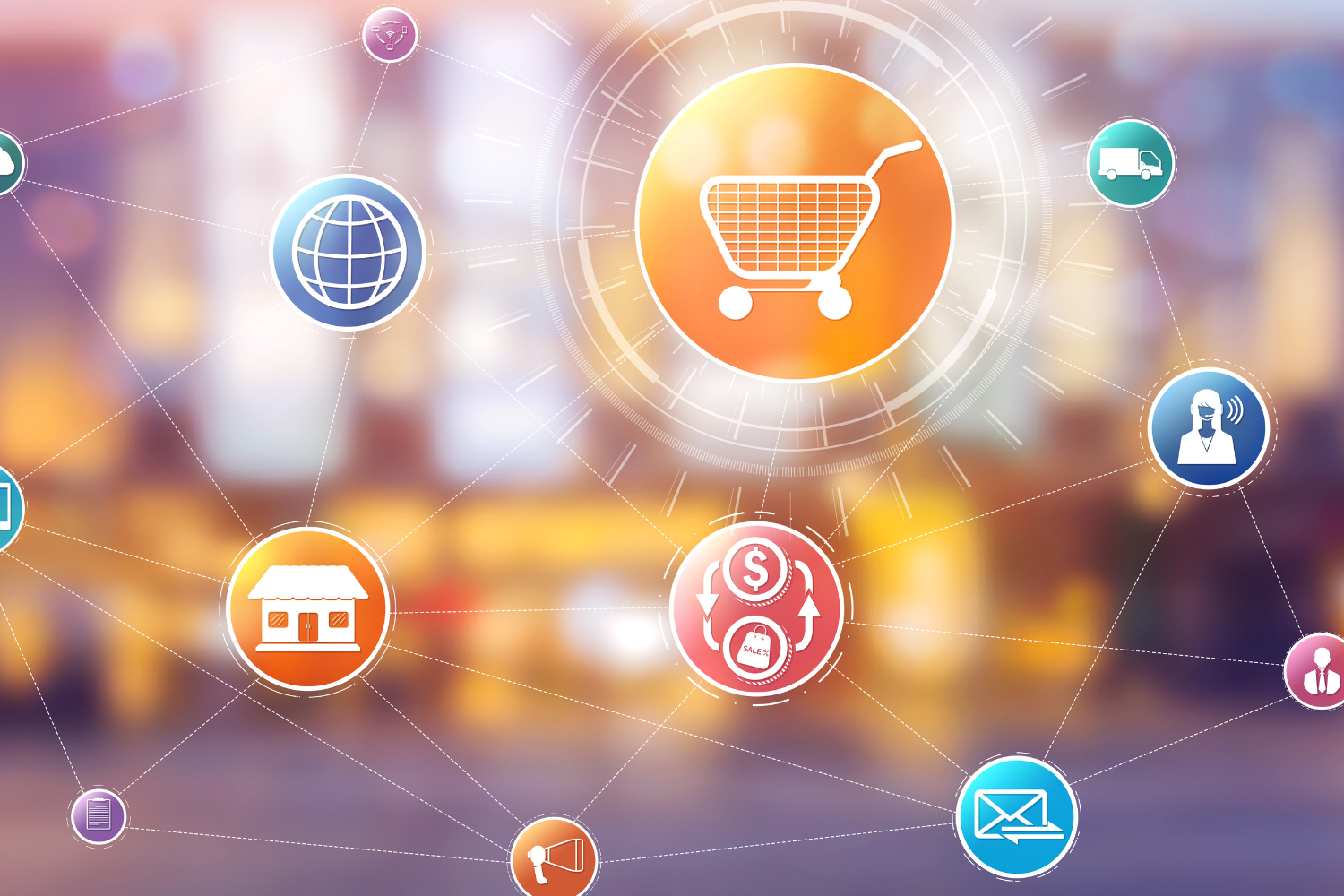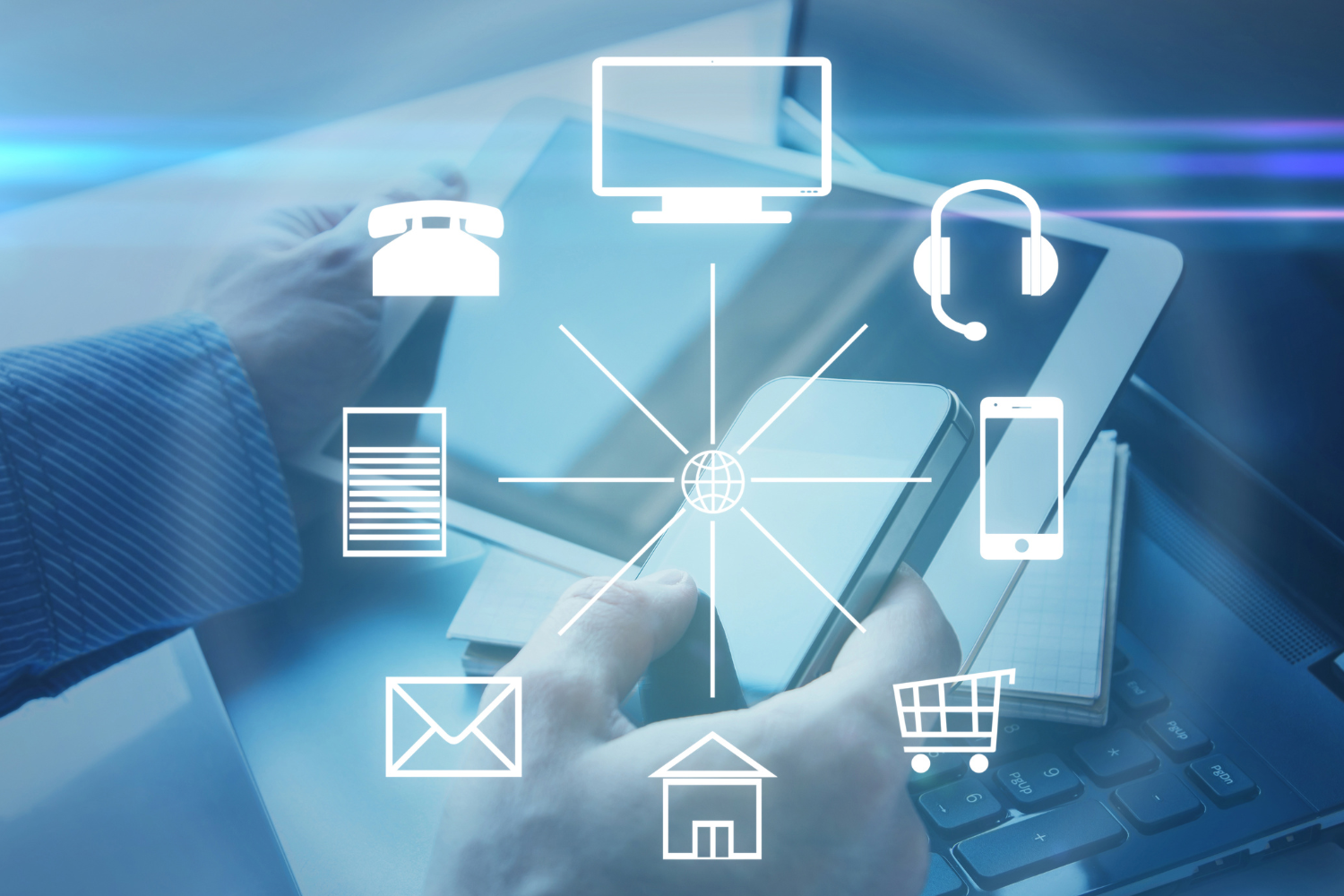Why Is Omnichannel Important In today’s fast-paced digital landscape, businesses face the challenge of catering to the diverse preferences and expectations of their customers. The concept of omnichannel has emerged as a powerful strategy to address this issue. In this article, we will explore what omnichannel means, its significance in modern business practices, and how it can drive success for organizations across various industries.
1. Understanding Omnichannel
What is Omnichannel?
Omnichannel refers to a comprehensive approach that aims to deliver a unified and seamless customer experience across all channels and touchpoints. It involves integrating online and offline channels, including websites, mobile apps, social media, brick-and-mortar stores, call centers, and more. The goal is to enable customers to interact with a brand through their preferred channels, with consistent and personalized experiences.
Omnichannel vs. Multichannel
It’s essential to differentiate between omnichannel and multichannel strategies. While multichannel simply means having a presence across various channels, omnichannel goes a step further by ensuring these channels work together cohesively. Unlike multichannel, where each channel may operate independently, omnichannel creates a seamless transition between channels, providing customers with a holistic experience.
Key Components of an Omnichannel Strategy
A successful omnichannel strategy relies on several key components:
- Centralized Customer Data: A unified database that collects and analyzes customer information from all touchpoints.
- Consistent Branding: Ensuring brand messaging, tone, and visuals remain consistent across all channels.
- Cross-Channel Integration: Seamlessly connecting different channels to enable smooth customer interactions.
- Personalization: Using customer data to tailor experiences to individual preferences.
- Real-Time Communication: Providing instant and relevant communication across channels.
2. The Benefits of Implementing an Omnichannel Approach
Seamless Customer Experience
One of the primary advantages of omnichannel is the ability to deliver a seamless customer experience. Customers can switch between channels without experiencing disjointed interactions. For instance, a customer may browse products on a mobile app and then make a purchase through the website, with the option to pick up the item at a physical store. This integrated experience creates convenience and fosters brand loyalty.
Improved Customer Engagement
Omnichannel strategies enable businesses to engage with customers proactively. By analyzing customer behavior and preferences from various channels, companies can provide personalized offers and recommendations. Engaging customers on multiple fronts also increases the likelihood of conversions and repeat business.
Enhanced Brand Loyalty
When customers have a consistent and enjoyable experience across all channels, they are more likely to develop loyalty towards the brand. Satisfied customers are not only inclined to make repeat purchases but are also more likely to advocate for the brand among their friends and family.
3. The Role of Data in Omnichannel Success
Leveraging Customer Data

Data lies at the heart of any successful omnichannel strategy. Collecting, analyzing, and interpreting customer data provides valuable insights into preferences, pain points, and behaviors. This information is vital for creating targeted marketing campaigns and delivering personalized experiences.
Data-Driven Personalization
Omnichannel strategies utilize customer data to deliver personalized recommendations and offers. By understanding customer preferences, businesses can cater to individual needs, thereby increasing the likelihood of conversion and customer satisfaction.
Predictive Analytics in Omnichannel
Predictive analytics leverages historical data to anticipate customer behavior and preferences. By understanding what customers are likely to do next, businesses can proactively address their needs and provide relevant information and offers.
4. Overcoming Challenges in Omnichannel Implementation
Integration of Systems
Implementing an omnichannel strategy often involves integrating disparate systems and technologies. Ensuring smooth communication and data sharing between these systems can be a significant challenge.
Consistent Messaging Across Channels
Maintaining a consistent brand message across all channels is crucial for building brand identity and trust. However, achieving this consistency requires coordination among various teams and channels.
Employee Training and Buy-In
For an omnichannel approach to be successful, all employees must understand and support the strategy. Proper training and buy-in from the workforce are essential to ensure seamless execution.
5. Real-Life Examples of Successful Omnichannel Strategies
Amazon: A Prime Example
Amazon’s success can be attributed in part to its exceptional omnichannel strategy. The e-commerce giant seamlessly integrates its website, mobile app, and physical stores (e.g., Amazon Go). Customers can easily transition between these channels, accessing a vast array of products and services.
Starbucks: Brewed to Perfection
Starbucks offers an excellent example of how an omnichannel approach can enhance customer experience. The coffee chain allows customers to order through its app, website, or in-store, providing rewards and promotions that are consistent across all channels.
Nike: Empowering Athletes Worldwide
Nike’s omnichannel strategy revolves around its mobile app, website, and physical stores. The company offers personalized product recommendations and allows customers to track their fitness progress, creating a seamless experience for athletes.
6. Industry-Specific Applications of Omnichannel
Retail: Creating a Unified Shopping Experience
In the retail sector, an omnichannel approach enables customers to research, browse, and purchase products seamlessly across multiple platforms. Retailers can use data to offer personalized recommendations and promotions, ultimately driving sales.
Banking: Seamlessly Connecting Online and Offline Channels
Banks benefit from omnichannel strategies that allow customers to access their accounts through various channels, such as mobile banking apps, websites, ATMs, and physical branches. This approach streamlines banking processes and enhances customer satisfaction.
Travel: Enhancing Journey Continuity
For the travel industry, omnichannel strategies involve integrating online platforms, travel agencies, and physical locations to provide travelers with a consistent and efficient booking and travel experience.
7. The Future of Omnichannel
Emerging Technologies
As technology continues to advance, new tools and platforms will emerge to support omnichannel efforts. This includes more sophisticated customer data analysis tools, AI-driven personalization, and augmented reality experiences.
Anticipated Trends
The future of omnichannel is likely to see a greater emphasis on real-time interactions and communication. Businesses will seek innovative ways to engage with customers and cater to their needs promptly.
Conclusion
In conclusion, omnichannel has become a vital strategy for businesses seeking to succeed in the modern marketplace. By providing a seamless customer experience, increasing engagement, and fostering brand loyalty, organizations can stay ahead of the competition. Embracing data-driven personalization and overcoming implementation challenges will be crucial for realizing the full potential of an omnichannel approach.
You can also read this The Future of Marketing in India A Deep Dive into the Omnichannel
You can also read this The Importance Of Omnichannel Marketing



















































































